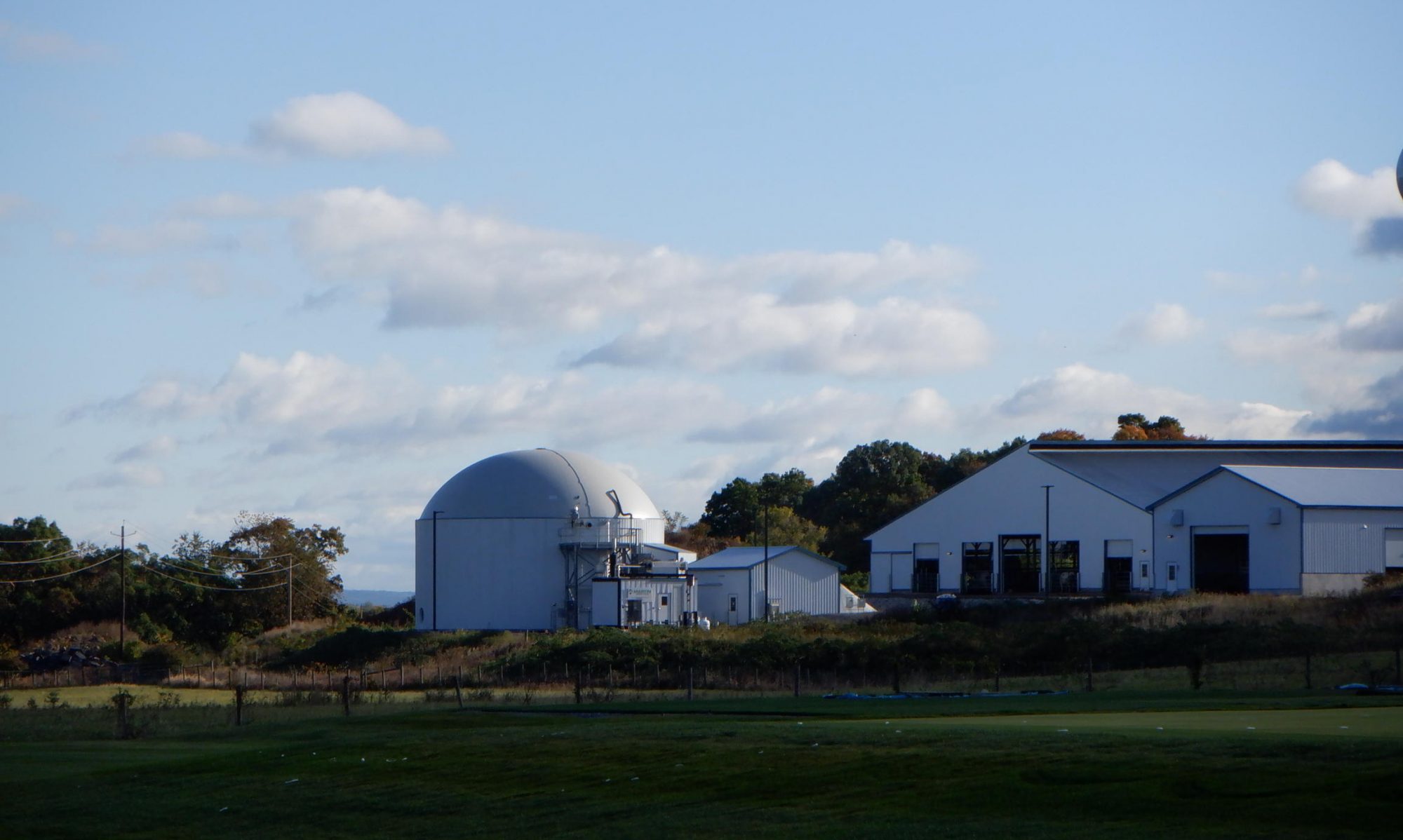Are biofuels truly sustainable? Explore biofuel sustainability in regards to the environment, economy, energy, and farming livelihood.
|
|
|
Soybean biodiesel fuel. Photo: Leandro Maranghetti Lourenço, Brazil; Wikimedia Commons. |
Table of Contents
Major Questions about the Sustainability of Biofuels
- Concerns about Soil, Water, Air and Biodiversity
- Greenhouse Gas and Carbon Footprint
- Net Energy Balance
- Food vs. Fuel and Food Security
- Indirect Land Use Impacts of Biofuels
- Life Cycle Analysis for Biofuels
- Economic Sustainability of Biofuels
- Social Sustainability of Biofuels
Introduction

Biofuel advocates have made strong claims about the environmental and economic benefits of these fuels. Many questions and concerns have been raised, though, about whether biofuels can deliver on their promise of sustainability.
Major Questions about the Sustainability of Biofuels
Concerns about Soil, Water, Air and Biodiversity
To what extent will biofuels development damage soil health, cause erosion, contaminate or deplete water supplies, harm biodiversity or ecosystems, or cause open-air burning and air pollution? Will biofuels production require heavy use of fertilizers, pesticides, genetically modified organisms and monoculture crops?
Greenhouse Gas and Carbon Footprint
Does the production and use of biofuels reduce or increase the release of greenhouse gases such as CO2, methane, and N20 into the atmosphere?
Net Energy Balance
How much energy does it take to make a biofuel, like ethanol or biodiesel, compared to the amount of energy that is stored in the fuel, or released when it is burned? Are biofuels truly net-energy winners, reducing our consumption of fossil fuels?
Food vs. Fuel and Food Security
In a world with hungry people and a growing population, should we be using food crops to produce fuels? And will we be able to meet human food needs if we convert more and more farmland to the production of “energy crops?”
Indirect Land Use Impacts of Biofuels
To what extent will increased demand for corn, soy and other energy crops lead, through increased prices, to land clearing, converting forests and grasslands into croplands and other land-use changes that cause the release of greenhouse gases?
Life Cycle Analysis for Biofuels
Taking the most comprehensive possible view, how do we consider and weigh all the processes and raw materials that go into the production, distribution and use of biofuels in order to assess their sustainability?
Economic Sustainability of Biofuels
Can the biofuels industry survive and maintain itself without continuing tax supports, import restrictions, mandated use and the like? Will the biofuels industry always be subject to volatile and fluctuating government policies, agricultural commodity markets and the appearance of new conversion technologies?
Social Sustainability of Biofuels
Will biofuels production contribute to the social and economic development of rural people? Will it respect the human rights of all who are affected, including their labor, land and water rights? Or will it harm or exploit vulnerable rural people, including indigenous populations?
For Further Reading
- Biodiesel: Gauging Sustainability National Sustainable Agriculture Information Service (ATTRA), 2009.
- Roundtable on Sustainable Biofuels: Version One of the Principles and Criteria Roundtable on Sustainable Biofuels, 2010.
- Biomass Feedstocks and Energy Independence discusses federal policy goals and sustainable removal of biomass from forest and agricultural lands.
Contributors to this Article
- Mike Morris, National Sustainable Agriculture Information Service (ATTRA)
- Diana Friedman, SARE
Peer Reviewers
- Sharon Lezberg, Associate Scientist, Environmental Resources Center, University of Wisconsin-Madison
- Cole Gustafson, Biofuels Economist, North Dakota State University

